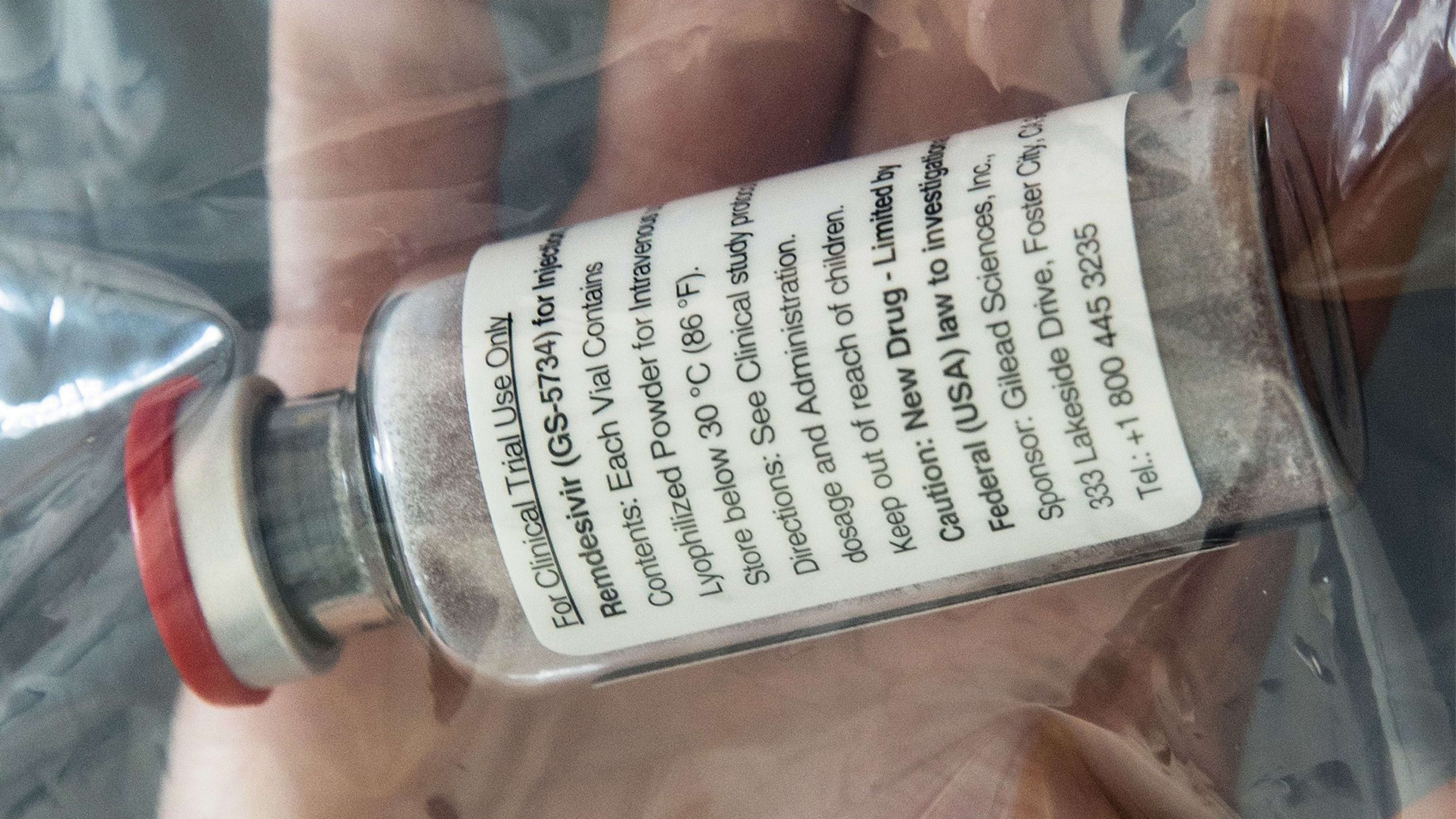Remdesivir, a drug that can help patients with severe cases of COVID-19 recover faster, likely doesn’t cost much to make. Gilead, the drug company that produces it, hasn’t disclosed the cost—though one study in the Journal of Virus Eradication suggests that producing one day’s supply costs as little as 93 cents. A full course of treatment might cost around $6 to make. Gilead, on the other hand, charges governments $2,340 for a five-day course. Private insurers pay $3,120.
A bipartisan coalition of state attorneys general argues that the federal government could step in to force competition, passing Gilead’s license to other companies that could also produce the drug to increase supply and lower prices. Because the government helped fund the development of remdesivir, including support from CDC and military scientists, and $30 million that went into an NIH-funded clinical trial this year, a law called the Bayh-Dole Act could apply. The law lets the government intervene when a federally-funded drug fails to “alleviate health or safety needs” of patients.
“Gilead is unable to assure a supply of remdesivir sufficient to alleviate the health and safety needs of the country amid this pandemic,” the attorneys general, led by California attorney general Xavier Becerra and Louisiana attorney general Jeff Landry, write in a letter to the U.S. Department of Health and Human Services, the National Institutes of Health, and the Food and Drug Administration (Becerra is a Democrat, Landry is a Republican). “Its supply is dangerously limited and its recent announcement of high prices for all patients, governments, and insurers will impede access to treatment in the U.S. and further strain state budgets.” The letter urges the government to act or to give states the authority to act instead.
Gilead, for its part, argues that the price of the drug is fair, since hospitals can save money if patients can go home faster. (One critic compared this argument to a car mechanic charging thousands of dollars to rotate your tires because the tires might cause an accident that ends up costing more.) The company is spending $1 billion this year to expand its manufacturing capacity—so the cost of making a single dose doesn’t reflect all of the costs going into the drug. Gilead also says that manufacturing takes six months to a year, so other companies can’t easily scale up production for cases now, and it claims that the two million treatments that it plans to make this year will cover the needs of patients, since only a subset of people with COVID-19 have severe cases. It’s not clear what a fair price for the drug might be, though one pharma executive has said that during the pandemic, a course of treatment should have only a small margin—costing roughly as much as a movie ticket.
“Now more than ever, the American public needs the support of the federal government in helping them afford COVID-19-related treatment,” the attorneys general write in the letter. “This is not the time for any company to extract large corporate profits from uninsured and underinsured Americans—nor can we allow the individual market priorities and weaknesses of one company to determine the fates of hundreds of thousands of people. Gilead should not profit from the pandemic and it should be pushed to do more to help more people.”
Recognize your brand’s excellence by applying to this year’s Brands That Matter Awards before the early-rate deadline, May 3.
